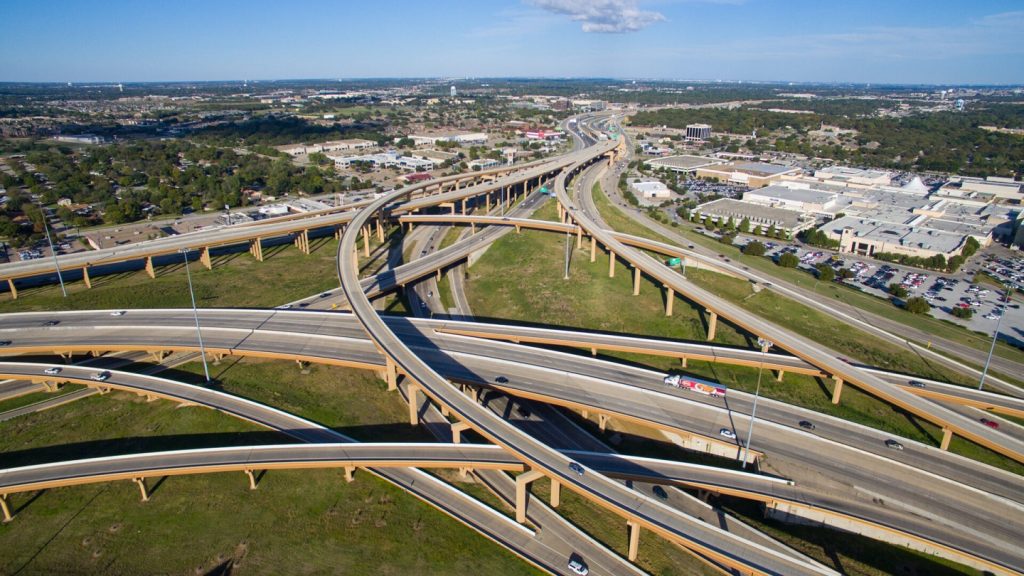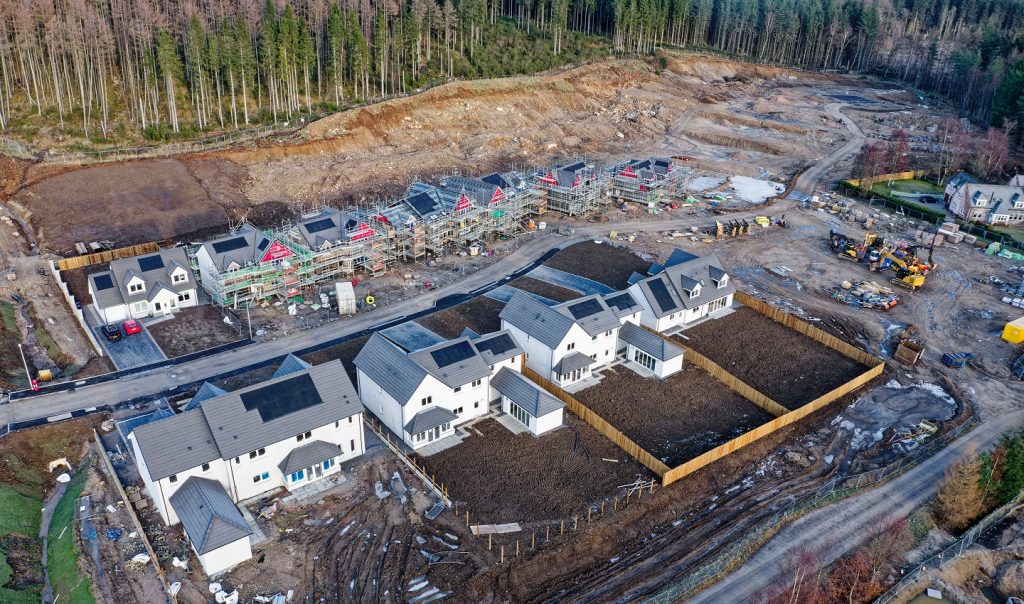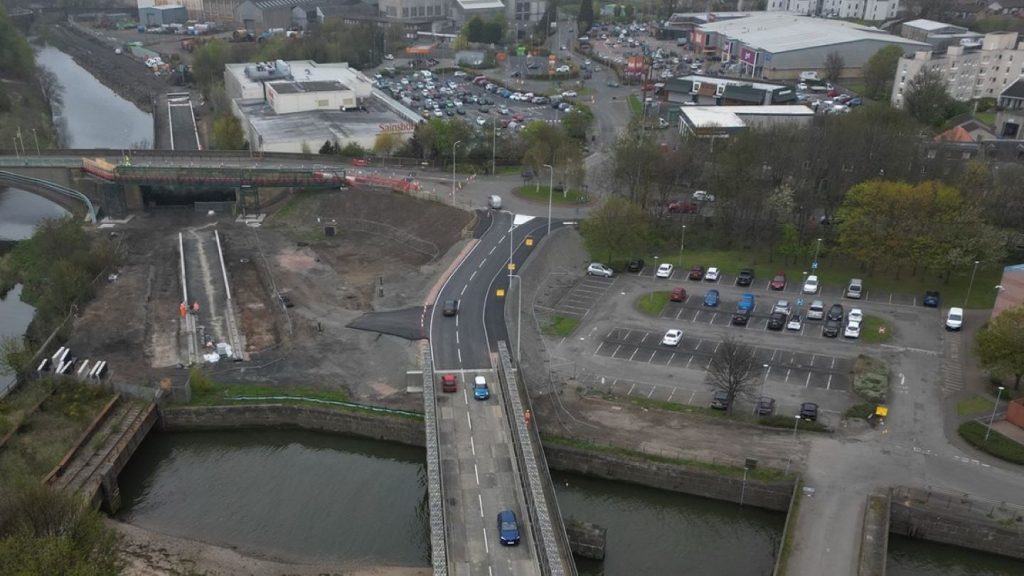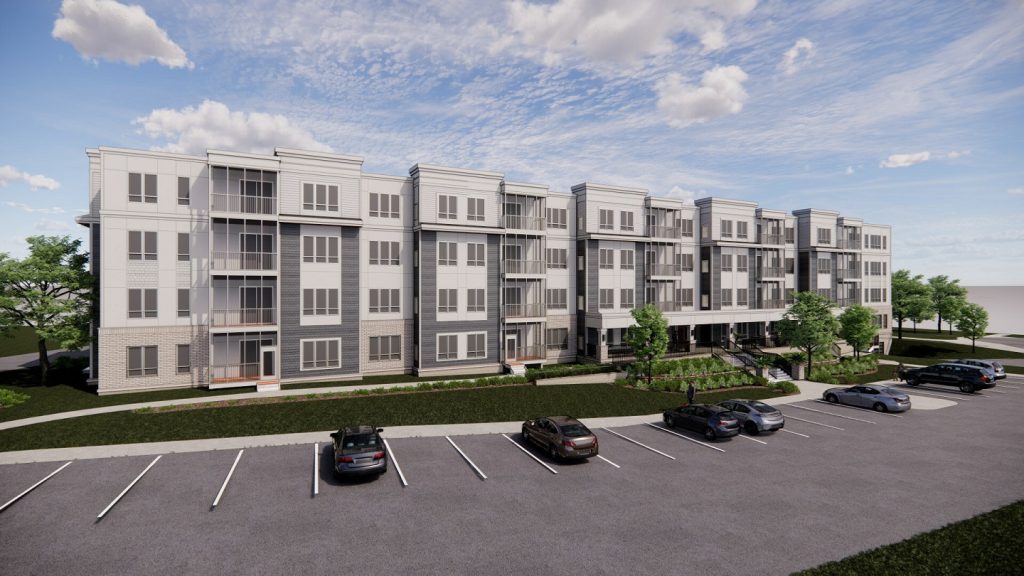Infrastructure operator Ferrovial has secured $414.2m in financing for the North Tarrant Express (NTE) toll road in Texas, US.
This financing was accomplished through the NTE Mobility Partners consortium, which is spearheaded by Ferrovial's subsidiary Cintra. The consortium utilised private activity bonds to issue the funds.
The amount is primarily intended to fund the construction of specific capacity upgrades as outlined in the comprehensive development agreement with the Texas Department of Transportation.
Once this transaction is concluded, works will begin immediately and are expected to be completed by early 2027.
Ferrovial Construction and Webber, both subsidiaries of Ferrovial, will act as the design-build contractor for the development.
Cintra US CEO Alberto González said: “After completing this transaction, we will fully fund the additional capacity along the corridor that will be critical to continue providing reliable travel alternatives and relieving congestion to support the tremendous economic growth of this region.
“Ferrovial is proud to be a part of the success of the managed lanes network in DFW [Dallas-Forth Worth], a model for other parts of the US that are struggling to relieve highly congested corridors.”
The NTE is an advanced toll road that has been incorporated into the managed lane network established in the DFW region in the last ten years.
Connecting Downtown Fort Worth with DFW International Airport, the road covers over 22km along Interstate Highway 820 and State Highway 121/183.
The entire NTE network now experiences more than half a million trips daily.















